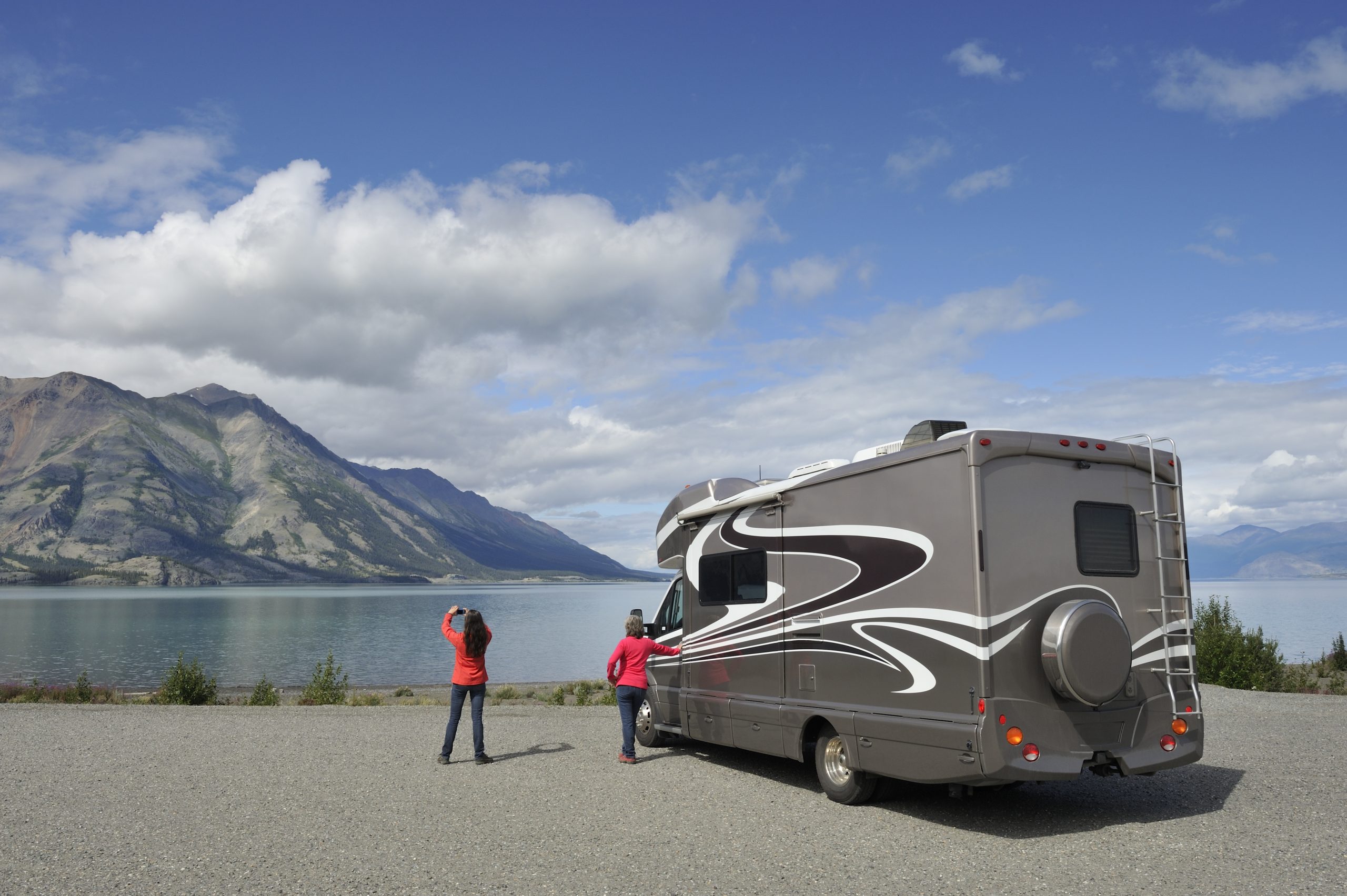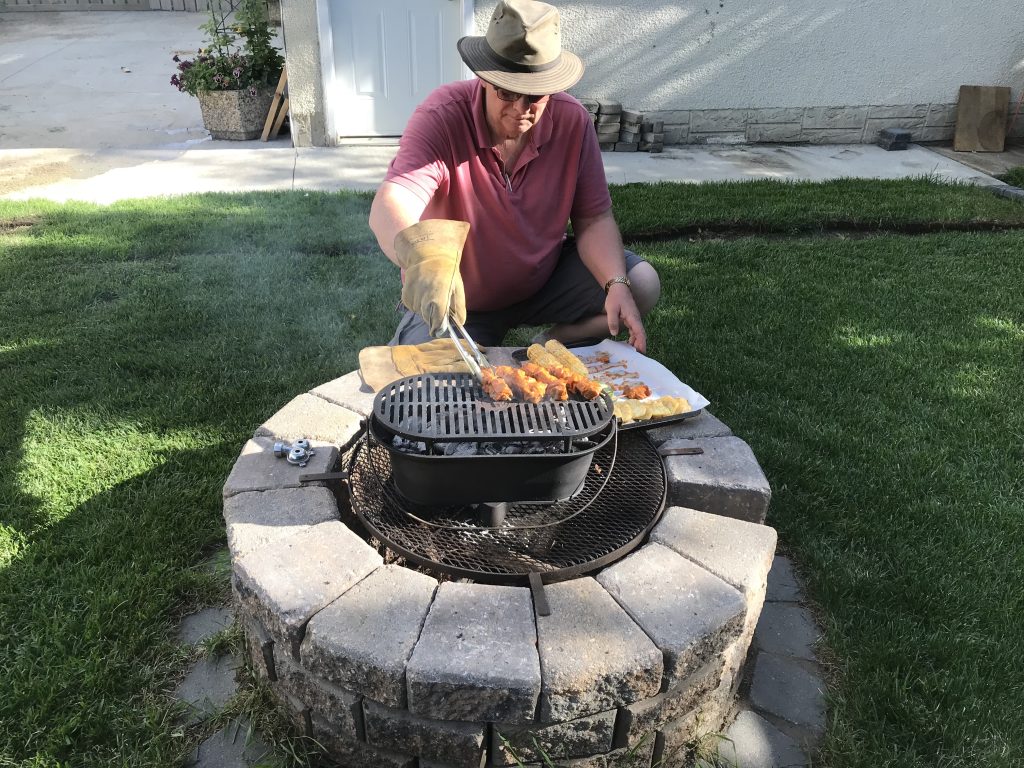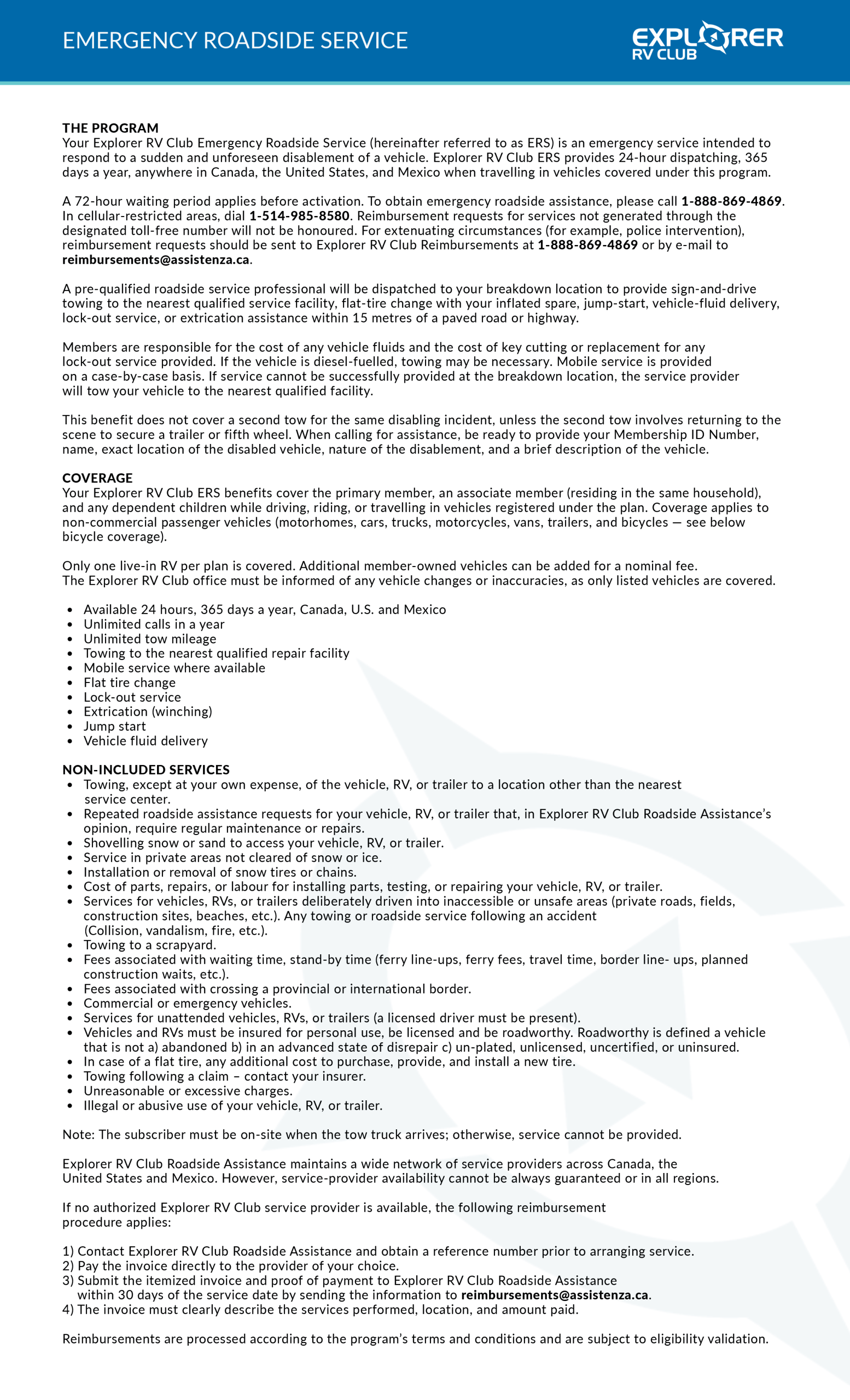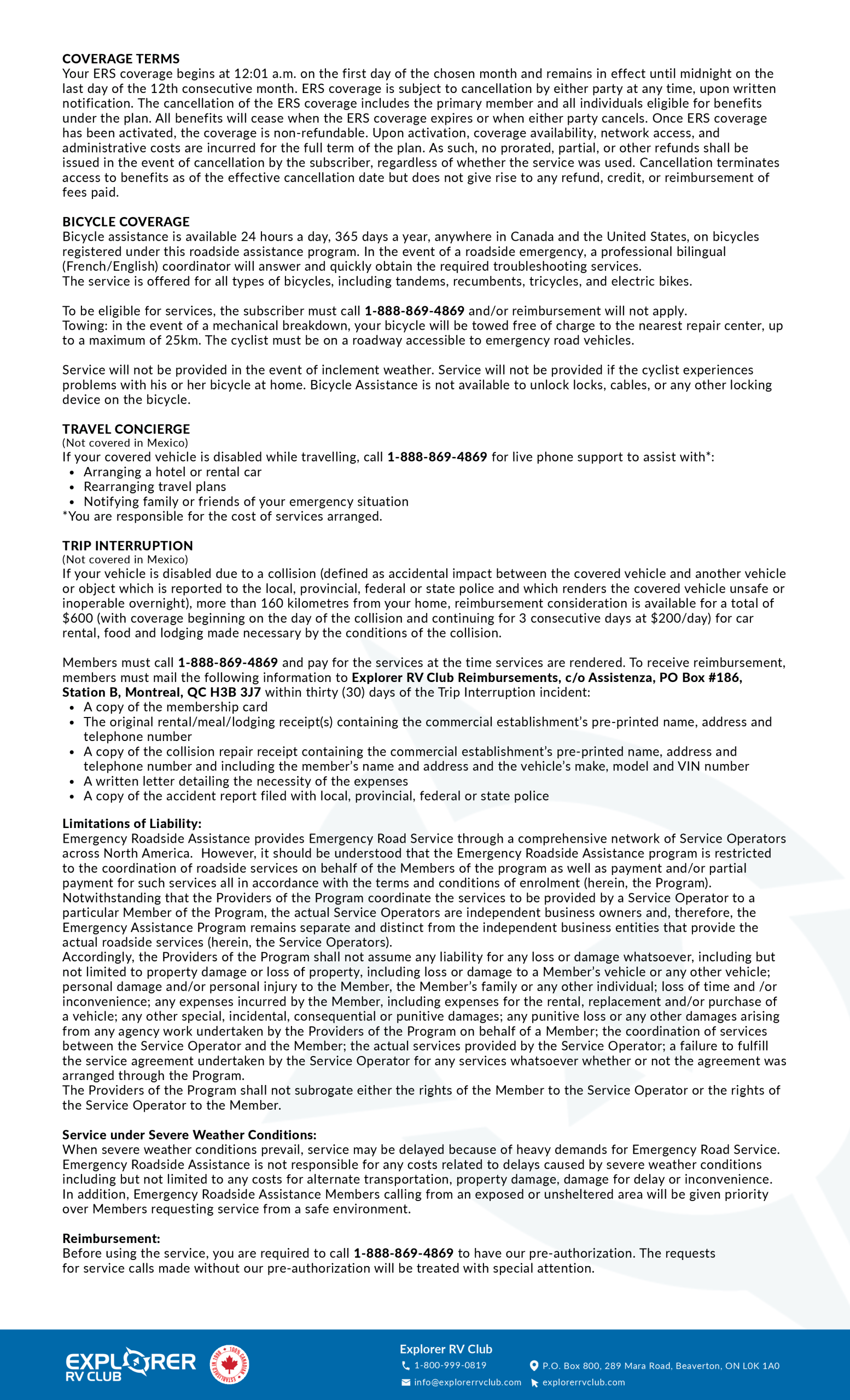Without leaps of imagination or dreaming, we lose the excitement of possibilities. Dreaming, after all, is a form of planning.
– Attributed to Gloria Steinem
Before there’s a plan, there’s a dream. That’s the first step in any plan. Start your planning early by asking “What would my ideal RV trip be if money and time were no object?” Give yourself the time and the permission to truly explore the options that appeal to you. The dreaming and anticipation can be as much fun as the actual RV trip. If you’ll be travelling with others (including children), set some time for everyone to dream, to research, and to wildly imagine. Write down all the ideas and things that excited everyone. What themes or nuggets came up?
A goal without a plan is just a wish
– Antoine de Saint-Exupery
Having a plan in place gives you something to look forward to. While you can’t plan for EVERYTHING on a trip, knowing you have a plan in place when the unexpected or unpleasant happens can make a big difference in how your adventure unfolds, compared to those experienced by the Munro family in the classic 2006 road comedy RV (Runaway Vacation)!
Professional planners often refer to the iron triangle of scope, cost, and time when developing their plans. This frame of reference can benefit how you plan your RV trip. Basically, it says that you have three competing demands when planning your trip: The desired outcome (what you want your trip to be); the cost (your budget and the other factors you need to take into consideration for the trip); and time (how much time you have for your trip). If any of these three variables change, the other two must be adjusted. For example, if your budget takes a hit, then you could consider options to reduce the extent of your trip, consider boondocking for a few nights, and/or return home a bit earlier. If you discovered that you need to return home earlier than originally planned, you may decide to tweak your itinerary to ensure you can still tick off that one remaining big bucket item and cancel the others. Reducing your time means you may have more in your budget so you could splurge on an extra night out for dinner!
Seasoned RVers tell us “less truly is more” and encourage us to consider following the 3-3-3 rule:
• Limit your daily driving distance to 300 kilometres
Driving 300 kilometres a day can take up to five or six hours, allowing for stops we want to make along the way, and to accommodate any road challenges or construction season slowdowns. Limiting our daily distance driven makes things safer. Driver fatigue is a real risk!
• Arrive by 3:00 PM
Arriving at our destination by 3:00 PM allows ample time to set up during daylight, address any site issues, relax, make dinner, look around, and possibly meet new people.
• Aim to stay for three nights
Stay for three nights each time to sleep in, relax, explore our surroundings, and “just be” without worrying about packing up and leaving early again the next day. It’s also better for the environment and the natural world we want to explore.
It does not do to leave a live dragon out of your calculations if you live near one
– JRR Tolkien
Be clear about the parameters you’ll need to work within to plan your trip. This includes the amount of time you have for your trip, your budget, the type of RV you will be using, your travelling preferences, and the needs of the people you’ll be travelling with (children, pets, health, or mobility issues).
Choose your travel companions wisely: You’re travelling in tight quarters and sometimes in challenging driving conditions. Set some ground rules (“the way we want to do things around here”) in advance of the trip.
Anticipate that there will be road closures and road hazards along the way, including low clearance bridges and restricted routes. Know the height of your vehicle and plan your routes accordingly. Invest in a GPS that shows low clearance bridges. Or purchase a trucker’s atlas.
Extreme weather and fires are increasingly a risk for RV travellers. Familiarize yourself with Weatheradio Canada and consider investing in an emergency weather radio.
Review your mobile services to determine if they will meet your needs to stay connected while you’re on the road.
Keep some extra cash on hand and find a safe hiding place outside of your rig to store an extra set of keys.
Get enough sleep! Make sure to get plenty of sleep in the days leading up to your trip and try to stick to a healthy sleep hygiene schedule. Being well-rested means you’ll be better equipped to deal with stressful situations that might come up while traveling.
Before anything else, preparation is the key to success
– Alexander Graham Bell
Prepare a detailed checklist of what you’ll need for yourself and for the RV, including:
• Get your rig checked out before you leave and complete any maintenance requirements
• Check the status of your passports. If they’re within 6 months of expiry, renew them before you leave. This is especially important if you are travelling south of the border!
• Pack hard copies of your documents
• Confirm you have the right types and amounts of insurance in place:
o Insurance for your RV (and your towing vehicle or your ‘toad’)
o Out of province travel insurance
o Pet insurance (if you’re travelling with a pet)
o Emergency roadside assistance
It is good to have an end to journey towards, but it is the journey that matters in the end
– Attributed to Ursula K. Le Gruin
Hopefully these tips will have helped you plan for and enjoy your best-ever RV trip. Happy Trails!






